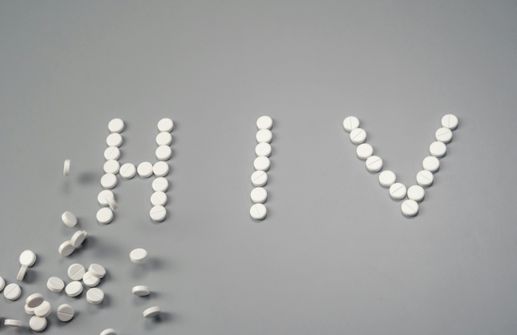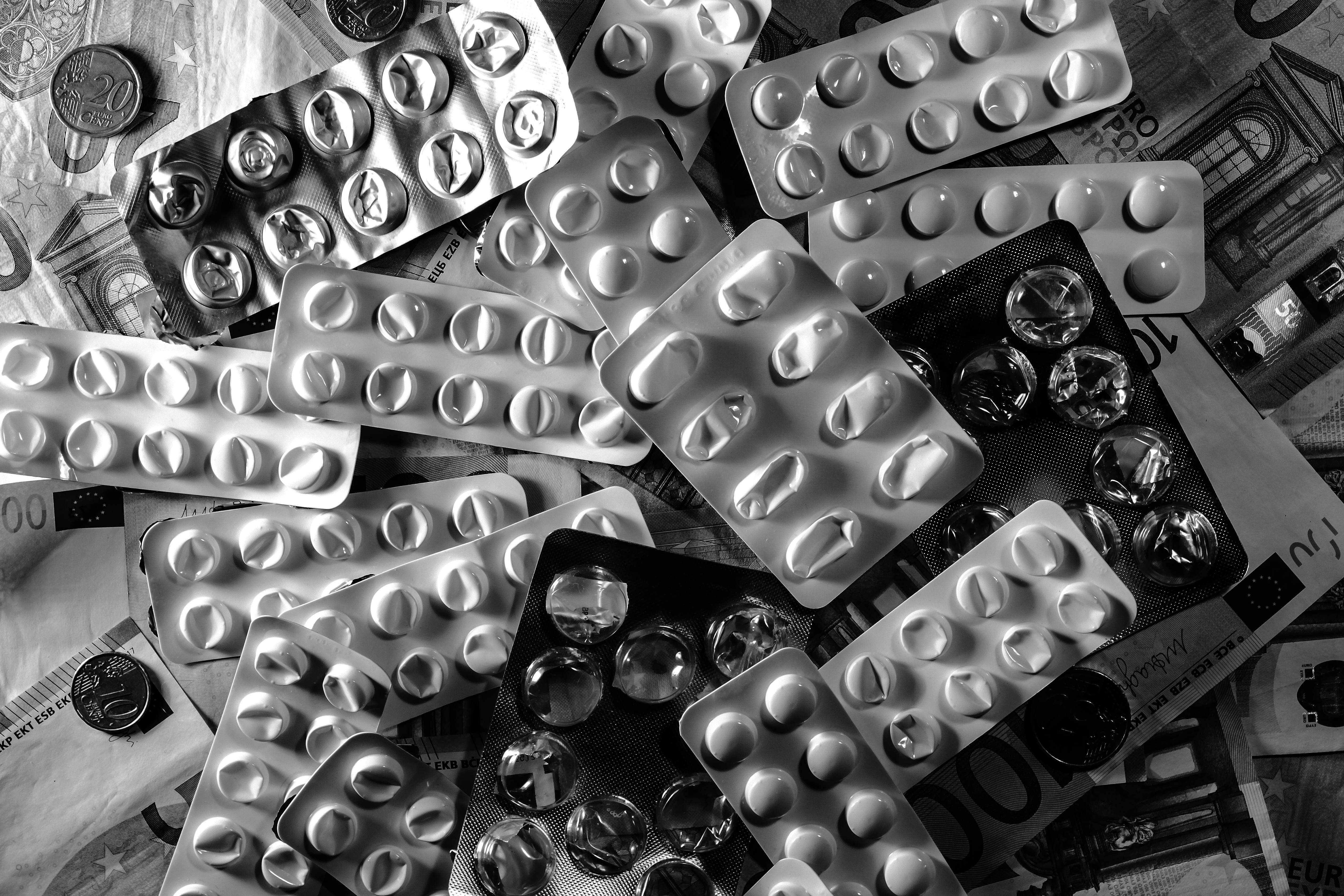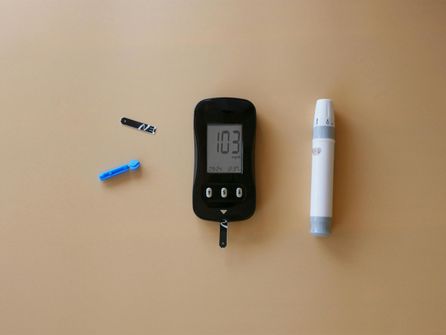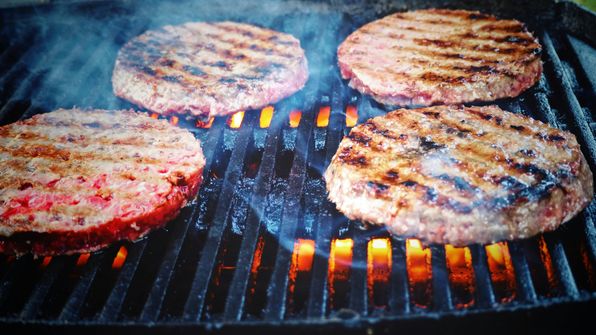
Can HIV Medication Break Your Intermittent Fast?
What Is Intermittent Fasting?Ready to dive into a hot topic that's got everyone talking? Today, we're chatting about whether HIV medications can break...

Fasting has been practiced for centuries, whether for religious, health, or lifestyle reasons. But with the growing popularity of intermittent fasting and other fasting regimes, a common question arises: “Does taking antibiotics break my fast?” This is an important question for many, especially women who often juggle numerous responsibilities and may face health issues requiring antibiotics.
Let’s dive into the science behind fasting and antibiotics, unravel myths, and offer practical advice.
Fasting is not merely about abstaining from food. It’s a metabolic state where your body switches from using glucose as its primary energy source to utilizing fats. This metabolic shift can lead to numerous health benefits, such as improved insulin sensitivity, reduced inflammation, and potential weight loss.
Different types of fasting include:
Fasting can have different rules depending on the type you choose, and this is crucial when considering medication like antibiotics.
Antibiotics are powerful medications used to treat bacterial infections. They work by either killing bacteria or inhibiting their growth. Common antibiotics include amoxicillin, ciprofloxacin, and doxycycline.
Wondering what they’re all about? Well, amoxicillin is like the friendly neighborhood penicillin, always ready to tackle those common ear infections, sinus woes, throat troubles, UTIs, and skin mishaps. It’s the go-to superhero for these bacterial baddies, smashing their cell walls and keeping the peace.
Now, ciprofloxacin and doxycycline are like the dynamic duo of antibiotics, each with their own unique skills. Ciprofloxacin, the fluoroquinolone warrior, takes on UTIs, respiratory invaders like bronchitis and pneumonia, and even gastrointestinal gremlins. It’s also your guy for bone and joint infections and can handle some STIs like gonorrhea.
Meanwhile, doxycycline, the tetracycline champion, is your ally for respiratory infections, acne battles, and those sneaky tick-borne diseases like Lyme. It’s also great for STIs like chlamydia and can even tackle tough skin infections caused by MRSA.
So, next time you’re in a microbial showdown, you’ll know which hero to call in!
To answer this, we need to understand what “breaking a fast” means. In most fasting regimes, the primary goal is to avoid caloric intake that would prompt an insulin response or shift the body out of a fat-burning state.
Most antibiotics come in pill form and contain negligible calories. For example, a typical antibiotic pill might contain 2-5 calories, primarily from inactive ingredients like fillers and binders (e.g. Microcrystalline Cellulose, Lactose, Starch, Povidone (Polyvinylpyrrolidone), Dicalcium Phosphate).
This minimal caloric intake is unlikely to trigger an insulin response or significantly affect your fasting state.
However, it’s not just about calories. The way antibiotics are absorbed and metabolized can impact your fast. Some antibiotics require food to be absorbed properly or to minimize gastrointestinal side effects. For instance, taking doxycycline on an empty stomach can cause severe nausea.

If you are on a fasting schedule, here are some practical tips:
Health should always come first. If taking antibiotics on an empty stomach causes significant discomfort or if the medication requires food for proper absorption, it’s okay to break your fast. The temporary pause in fasting can be more beneficial than risking your overall health.
Several studies and expert opinions shed light on this topic. Dr. Jason Fung, a renowned expert in intermittent fasting, emphasizes the importance of flexibility in fasting regimes. He suggests that minimal caloric intake, such as from medications, is unlikely to derail the benefits of fasting significantly.
Moreover, studies found that small caloric intakes, like those from medications, do not significantly impact metabolic markers during fasting periods.

In summary, taking antibiotics is unlikely to break your fast in a significant way, especially if you are following an intermittent fasting regime. The minimal calories in the pills are not enough to disrupt your metabolic state. However, your health should always be the priority. If your medication requires food or if you experience adverse effects when taking it on an empty stomach, it’s perfectly acceptable to adjust your fasting schedule.
Always consult your healthcare provider for advice tailored to your specific situation. Fasting can be a powerful tool for wellness, but it should be balanced with your overall health needs.
So, take care of your body, stay informed, and keep thriving on your wellness journey!
By understanding the nuances of fasting and medication, you can make informed decisions that benefit your health and well-being. Remember, wellness is a journey, and staying flexible and informed is key to achieving your health goals. Keep exploring, keep learning, and stay healthy!
A: Most antibiotics contain negligible calories, typically between 2-5 calories per pill, which is unlikely to break your fast or affect your metabolic state. However, the primary concern is not just the calories but how the antibiotic is absorbed and whether it causes discomfort on an empty stomach.
A: Some antibiotics can cause gastrointestinal discomfort when taken on an empty stomach. If your medication causes nausea or other issues, it might be necessary to take it with food, which could break your fast temporarily. Always follow your doctor’s instructions regarding food intake with antibiotics.
A: If your antibiotic needs to be taken with food, it’s important to prioritize your health over fasting. You can adjust your fasting schedule to accommodate the medication or temporarily break your fast. Consult your healthcare provider for personalized advice on managing your medication and fasting regimen.
A: Yes, if you practice intermittent fasting, you can try to schedule your antibiotic doses during your eating windows to minimize any potential impact on your fast. This approach helps ensure the medication is taken as prescribed without breaking your fasting period.
A: Minimal caloric intake from antibiotics is unlikely to significantly impact the benefits of fasting, such as improved insulin sensitivity and fat burning. However, taking care of your health by properly administering antibiotics should be your priority, even if it means adjusting your fasting routine.
A: Taking antibiotics on an empty stomach can cause side effects like nausea, stomach pain, and other gastrointestinal issues. If you experience severe discomfort, consult your healthcare provider, who may advise taking the medication with food, even if it means breaking your fast. Your health and proper treatment should always come first.

What Is Intermittent Fasting?Ready to dive into a hot topic that's got everyone talking? Today, we're chatting about whether HIV medications can break...

Hey there, gorgeous! It seems like everyone and their mother is raving about intermittent fasting (IF) these days, doesn't it? From the 16/8 method wh...

Intermittent fasting is popular for its possible health benefits such as losing weight, better metabolism, and longer life span. One important benefit...

Social gatherings often mean a spread of carb-heavy foods and tempting desserts that can make sticking to the carnivore diet feel tricky. But with a b...

The carnivore diet is often seen as straightforward: eat meat, keep it simple. But adapting it seasonally can bring freshness, variety, and local flav...